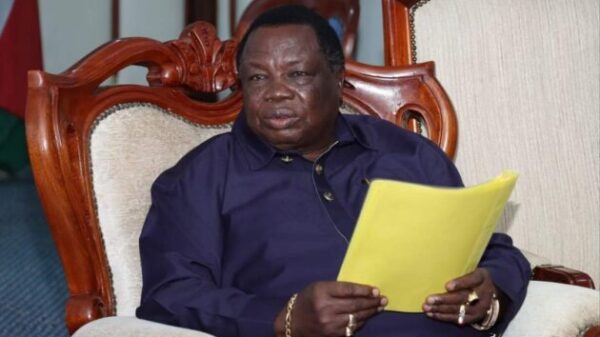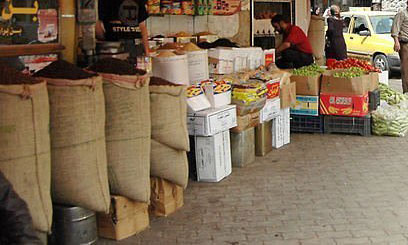NAIROBI, Kenya, Jan 5 – The effects of a strengthening shilling in December and lower food prices could see inflation rates come down this year, according to banking industry executives.
Last year inflation soared each month almost hitting a rate of 20 percent that was primarily attributed to skyrocketing food and fuel prices.
“If the Central Bank was able to stabilise the exchange rate what we shall see quickly is inflation coming down. Food prices have started going down globally. Because the economists take between three and four months to adjust, by March inflation will be fairly well managed,” Equity Bank Managing Director James Mwangi said.
The Central Bank’s intervention to raise the Central Bank Rate (CBR) to the current 18 percent, proved to help stabilise the shilling from a historic low of Sh107 to the dollar to the present level of Sh86.
With price reductions in energy and fuel expected in the coming months, Mwangi adds that this should ease the cost of living for Kenyans.
“Kenya Power has already promised they will remove Sh5 per unit of electricity consumption because they are using hydro power. The next consignment of oil to be imported will be imported at Sh85 per dollar that provides us an opportunity to reduce another Sh10 to Sh15 per litre,” he said.
In December last year inflation came in at 18.93 percent, falling marginally for the first time in over a year, which market analysts predict will help reduce interest rates soon.
The research team at the Standard Investment Bank predict rates could start coming down in the coming months on the back of lower inflation numbers with a gradual cut expected by no later than May of this year.
However ahead of the Monetary Policy Committee (MPC) meeting set for January 11, they expect the benchmark rate to remain unchanged at 18 percent.
“It’s become a catch 22 situation on the interest rate front. We’ve seen some pretty high rates in the recent past. The government has been taking 91-day, 182-day papers at 20 plus in recent days, and there’s a feeling that also interest rates might peak at these levels,” Head of Trading at the Commercial Bank of Africa Duncan Kinuthia said.
Factors such as the upcoming elections and implementation of the Constitution, Kinuthia adds, will put considerable pressure on interest rates especially with the need to fund elections.
“We expect relatively high interest rates as compared to before, but I don’t expect us to go to those very low levels that we saw late last year. We could trade between 15 to 25 percent on the money market,” he said.
However, with the government diversifying its borrowing methods moving from dependence on domestic borrowing and looking at subordinated loans, Kinuthia said this might take pressure off interest rates moving forward.




































